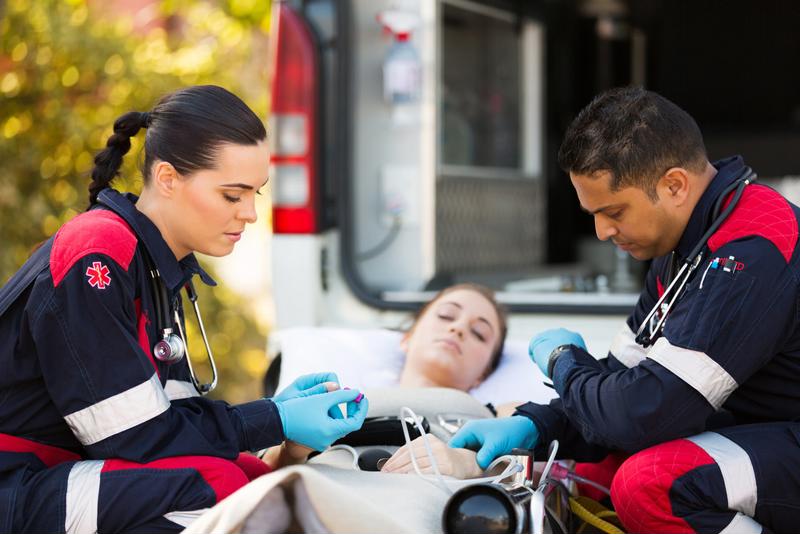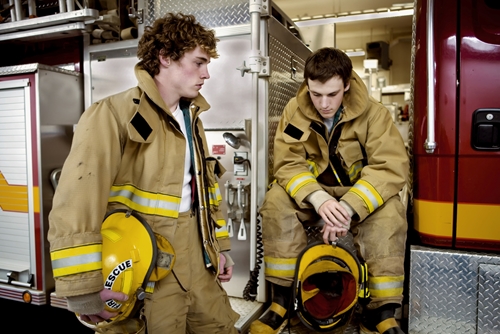Working as a first responder is one of the most difficult career paths an individual can take. Firefighters, police officers and paramedics find themselves in situations that put them under intense strain as part of their regular duties, and they need to find methods to cope with the added pressure. In this way, they share a great deal with active duty military personnel, who also spend plenty of time in dangerous conditions. As such, they are affected by some of the same problems that haunt veterans.
Coping with PTSD
The Aspen Daily News recently reported on efforts to help first responders deal with post-traumatic stress disorder. The news provider explained that, like veterans, emergency relief workers have a heightened risk of committing suicide – 10 times higher than the average U.S. adult. Bringing this rate down may rely on managing issues such as PTSD. Fortunately, some programs do exist to manage mental health and keep individuals comfortable, even when they have to face traumatic circumstances while on the job.
According to the Aspen Daily News, Michael Ferrara, former Aspen Ski Patrol member, paramedic and sheriff's deputy, is behind an effort to keep first responders mentally healthy. He told the news provider that he had his own difficult experiences suffering from PTSD in 2009, and that the issue is sometimes denied the focus it deserves because it is not a physical disorder. Mental health can be more difficult to recognize and diagnose, but it demands attention, and Ferrara's series of lectures is designed to shed light on PTSD in the community.

Discovering and mastering coping strategies and treatment methods for traumatic mental health issues are important steps for first responders. Ferrara explained to the Aspen Daily News that he recommends getting fresh air, as well as spending time with animals and staying physically active. He stated that people who have been exposed to trauma should try to depersonalize the incident and not take it to heart – and they must not become to isolated. Being alone can be very harmful to mental health, especially when a negative event is preying on an individual's mind.
Healing those with mental trauma
In addition to taking better care of their own mental health, first responders around the nation are learning to better serve those in the community who are suffering from related afflictions. According to Hartford news source NewsTimes, local paramedics and other officials have begun to receive mental health first aid training. This program is designed to help them respond in situations such as providing medical care to those who have made suicide attempts.
Participants in the course told NewsTimes that the training has helped them relate to individuals who are at risk and engage in situations that it feels more natural to avoid. If first responders receive direct lessons in dealing with mental illness, they may be able to step into situations beyond their normal purview and bring more people home safely. It's clear that between the struggles of the population at large and the trauma-induced challenges facing emergency personnel themselves, increased focus on recognizing and treating mental illness is worthwhile.

